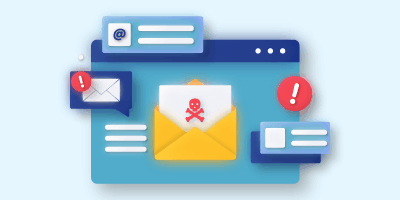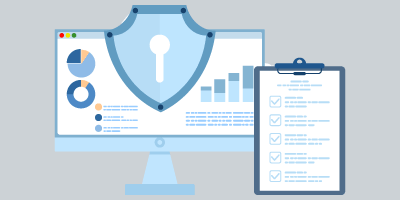The Federal Trade Commission (FTC) issued an advisory urging the public to be conscious of donation scams in the wake of Hurricane Harvey. Unfortunately, hackers and fraudsters will look to capitalize on any situation and the recent natural disaster is no exception. For those looking to donate to relief efforts, the FTC asks that you make sure you are familiar with the organization you are donating with. Before providing any information, ensure that the source you are using, whether it be a website, email, text message etc, will be going to a reputable organization that will be using your donation funds as stated.
Below are key tips on how to avoid charity scams:
1.) Make sure you are donating to organizations and charities that are well-known and you are familiar with.
2.) Be on the look out for websites that seem to have popped up over night. The FTC urges the public to check charity evaluation sites such as http://give.org to ensure the legitimacy of the organization.
3.) As always, be wary of email scams and the links or attachments you click within your emails. Hackers will disguise malicious links with text like ‘Click Here’ or ‘Donate Now’. They may also send you malicious attachments. Make sure you know who the sender is before clicking any links or opening any attachments.
4.) Scams can happen on social media platforms as well. Do research before clicking on any links or donating to unfamiliar charities you see on social media.
For more information on Charity Scams and what to look out for, visit:
https://www.consumer.ftc.gov/features/feature-0011-charity-scams
Related articles
Business Email Compromise: Top BEC Tactics & How to Protect Against Them
We take a look at Business Email Compromise, including common BEC tactics and what your business can do to protect against them.
FFIEC CAT Sunset: Why the CRI Profile is a Strong Alternative
With the FFIEC CAT sunset approaching, we explore why the CRI Profile is a strong alternative to the CAT for financial institutions!
FTC Safeguards Rule Compliance for Auto Dealerships
We’ll go over the FTC Safeguards Rule, what it requires, and how a managed service provider can help auto dealerships stay compliant.




